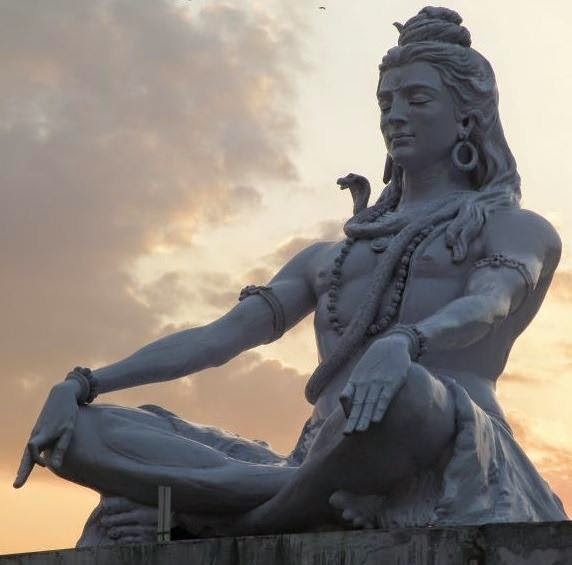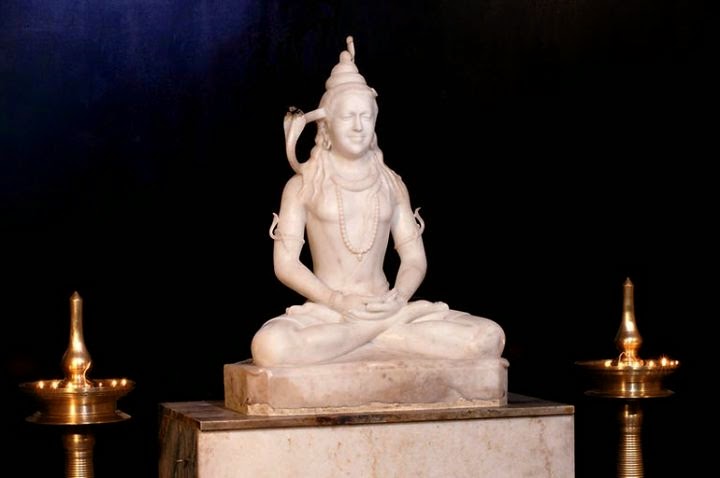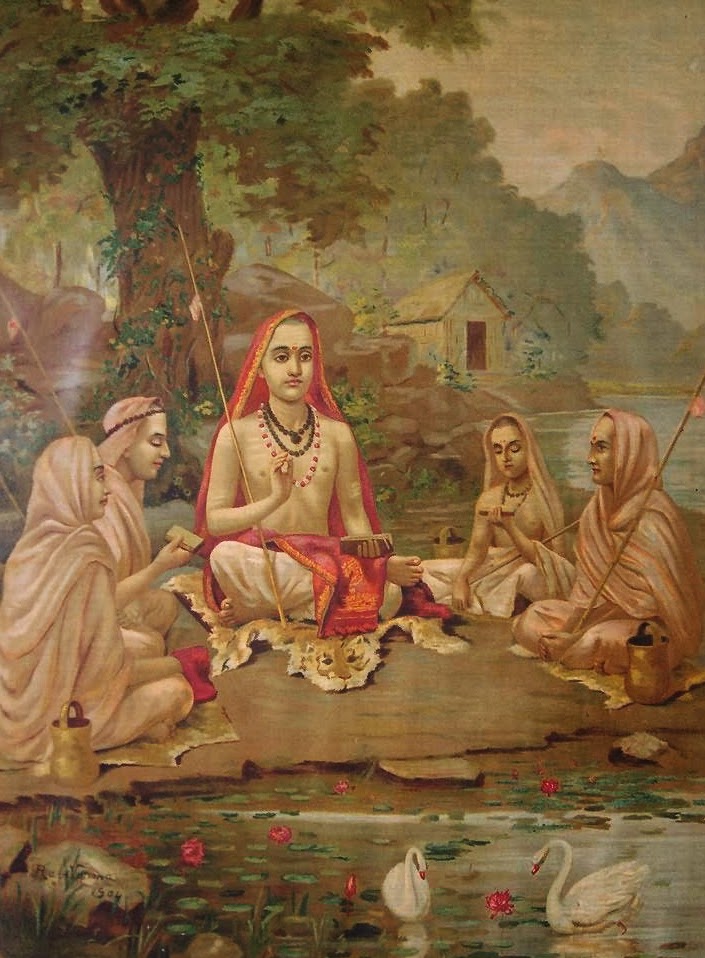Marriage cannot be an end in itself :

To, All Members, Marriage cannot be an end in itself. If it is, there will be problems and the marriage will end. Marriage is a means, not an end, whereby husband and wife each seek freedom from insecurity. Freedom from insecurity is their common end and they help each other. Together, as companions, they make the journey. This most significant aspect of marriage is acknowledged in the seven steps of Hindu marriage ceremony. Only when the seven steps have been taken has the marriage taken place. Each of the seven steps represents one aspect of the couple’s journey for which the destination is moksham. Swami Dayananada
























